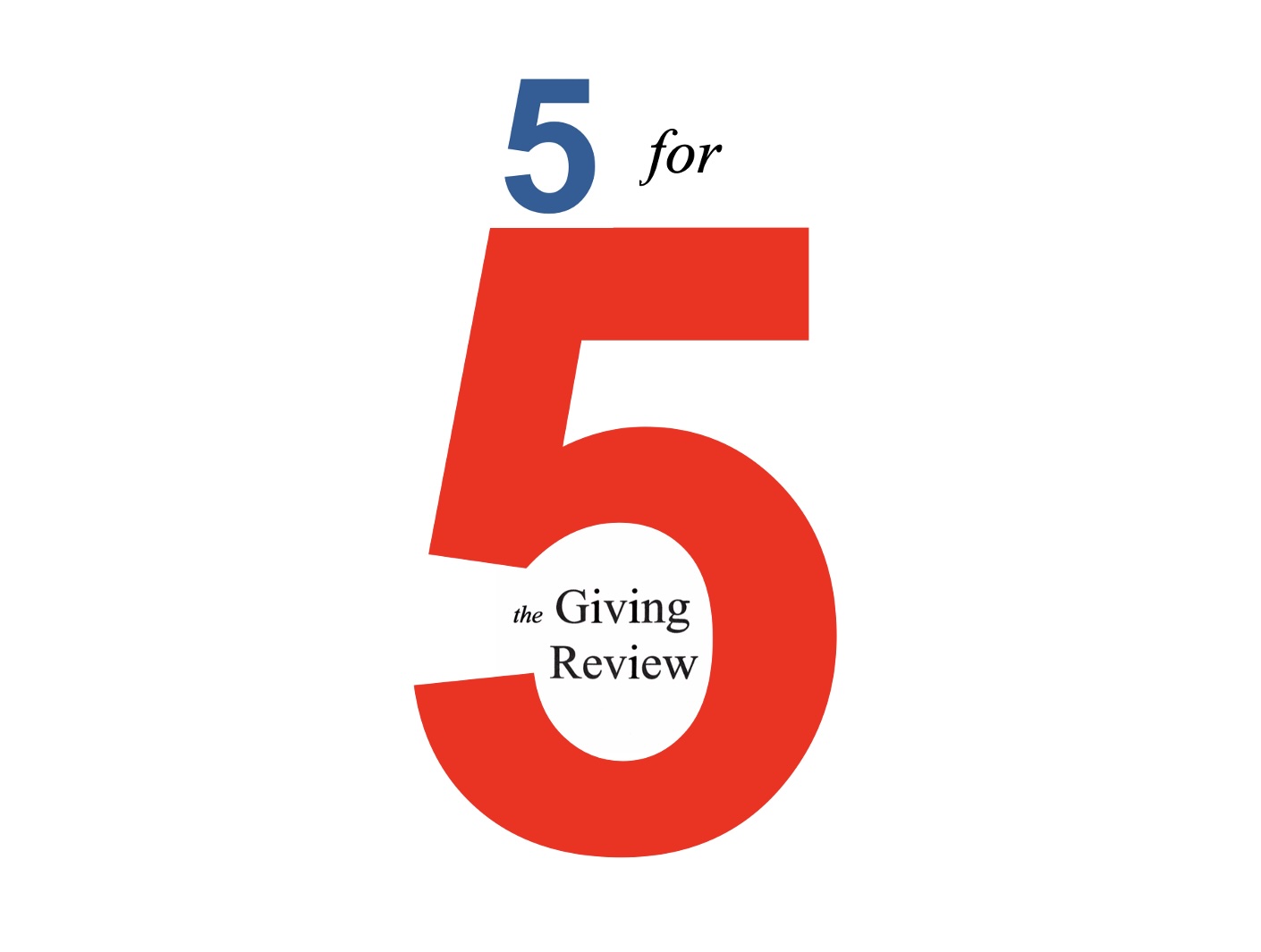N. S. Lyons will also be on same “Alternative Political Structures” panel. “Parallel polis” boldly urged by Lyons may already exist in latent form, Schambra has written.
The Giving Review co-editor William A. Schambra will participate in a session at the National Conservatism conference in Washington, D.C., next month about “Alternative Political Structures.” Other members of the panel are N. S. Lyons, Ernst Roets, and Delano Squires.
At a previous National Conservatism event in April in Brussels, the pseudonymous Lyons delivered an address on conservatism’s failure to counter the left’s “long march through the institutions” and the need to begin constructing a “parallel polis.”
“The West today is awash with economic, social and spiritual problems, from drug addiction, depression, and loneliness, to financial precarity and the breakdown of family formation,” Lyons said. “Everywhere people are struggling, and suffering. Meanwhile, trust in almost every institution has cratered, with incompetent governing elites seemingly determined to destroy their own legitimacy. People feel uprooted and atomized, vulnerable and alone, buffeted by forces outside their control and betrayed by their own leaders.”
Lyons followed this litany of despair with quite trenchant an observation.
The situation is ripe for anyone who can step in to fill the vacuum by actually addressing even some of these problems directly at the community level. This vacuum is the one great untapped wellspring of authority and power in the West today. And it’s inevitable that someday soon somebody is going to successfully tap into it, whether that’s the right, or some faction of the far left. Whoever does so first is likely to claim the future mandate to rule.
Writing here, Schambra enthusiastically accepts Lyons’ bold framework, even expanding somewhat upon its self-criticism of conservatism. “Although the considerable conservative intellectual apparatus looks like an alternative to progressivism, in fact it’s just another part of it,” according to Schambra.
The policy establishment in Washington, D.C., in both its right and left variations, agree on one thing: seizure of national political power through lavishly funded campaigns, both electoral and nonprofit, is the essential goal. Once that’s accomplished, we’re only quibbling with each other about the details of the next centralized, national policy that we’re going to impose on the unwashed. Lyons’s “oligarchic establishment” finds it easy to coopt conservatives precisely because we have always aspired to be part of that establishment.
Citing some of his experience in and knowledge of conservative grantmaking, specifically including to the activities of Robert L. Woodson, Sr., Schambra note that there already exists a latent “parallel polis” in America’s neighborhoods, to which conservatives should look and more of conservative philanthropy should consider offering assistance.
The groups Woodson and his Woodson Center support “are quietly going about the business of addressing neighborhood problems without a fraction of the resources we pour into main street’s mega-structures—with few champions other than Woodson himself,” Schambra writes.
“So here is the parallel polis sought by Lyons,” he continues.
It builds on the truth of his otherwise-puzzling observation that the ‘vacuum’ left by the loss of trust in mainstream institutions is ‘the untapped wellspring of authority and power in the West.’ That is, only when we admit and embrace our failure to come up with solutions to our most serious social problems will we be able to see past it, down to those utterly unorthodox moral agents on the margins of society who emerge from the vacuum armed with new forms of authority and power.
The conference session likely will also cover themes raised in Lyons’ Summer 2024 City Journal article about the Ford Foundation.
Roets is a writer and filmmaker in South Africa, and Squires is a research fellow at The Heritage Foundation’s Richard and Helen DeVos Center for Life, Religion, and Family.
The National Conservatism conferences are a project of the Edmund Burke Foundation.




